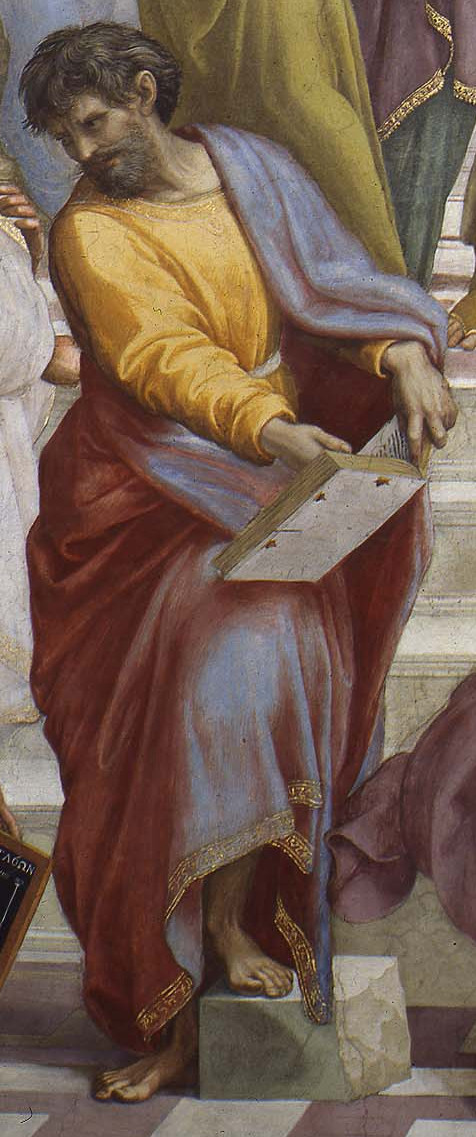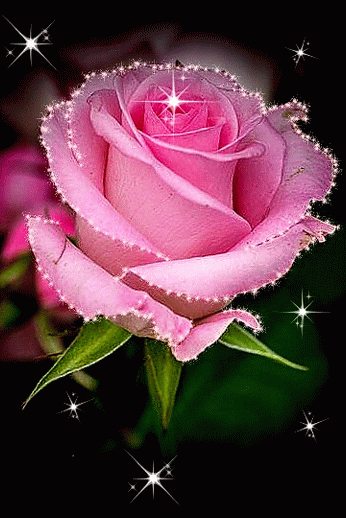Hello everyone,
I was baptized as a child when I was just 3 years old in a famous Orthodox church in Moscow in the 90s. My "ethnic" roots are very different, Russian, Jewish and Caucasian (Caucasus region) We moved to Western Europe when I was just 5 years old, and I am now over 30 years old. I have always been interested in religion and philosophy. I went through some philosophical writings, especially Husserl's and Heidegger's phenomenology, and could easily get into Buddhism. Where I still feel more or less at home today, I tend towards the orthodox variant of the ancient Buddhism (Theravada) but I have a fondness for Soto-Zen because of its aesthetics, simplicity and poetic charisma and the approach for silent meditation. The same applies to Chinese Chan, which is where Zen comes from, but Theravada is more the place where everything became clear for me - I meditate daily and am now very familiar with the Pali Canon, which is a kind of holy scripture for orthodox Buddhists,
you could possibly compare it to the Bible, but not really. It is much larger and more extensive and is not considered the word of a god. But the words of a Buddha (an awakened person who has completely seen through being-time / reality)
Well, why am I here, you ask? I am tormented by a question: How can something have come into being out of nothing? Or to put it better: Why is something and rather nothing? Or even better expressed by Wittgenstein: The mystical is not how the world is, but that it is.
Buddhism responds to this phenomenologically: the whole world is already contained in this "body", the beginning and the end of this world. I won't go into this any further as it becomes too complex.
BUT, I'm somehow dissatisfied with the answer that comes from Buddhism.
After some research, I find orthodoxy the most interesting for me and that's where my roots are. I have a lot of questions that I would like to ask the people here from the bottom of my heart and finally decide for myself to go deeper into Christianity or to turn my back on it for ever.
Thank you.
Basilius
PS: I use a translator, sorry my English is bad.
I was baptized as a child when I was just 3 years old in a famous Orthodox church in Moscow in the 90s. My "ethnic" roots are very different, Russian, Jewish and Caucasian (Caucasus region) We moved to Western Europe when I was just 5 years old, and I am now over 30 years old. I have always been interested in religion and philosophy. I went through some philosophical writings, especially Husserl's and Heidegger's phenomenology, and could easily get into Buddhism. Where I still feel more or less at home today, I tend towards the orthodox variant of the ancient Buddhism (Theravada) but I have a fondness for Soto-Zen because of its aesthetics, simplicity and poetic charisma and the approach for silent meditation. The same applies to Chinese Chan, which is where Zen comes from, but Theravada is more the place where everything became clear for me - I meditate daily and am now very familiar with the Pali Canon, which is a kind of holy scripture for orthodox Buddhists,
you could possibly compare it to the Bible, but not really. It is much larger and more extensive and is not considered the word of a god. But the words of a Buddha (an awakened person who has completely seen through being-time / reality)
Well, why am I here, you ask? I am tormented by a question: How can something have come into being out of nothing? Or to put it better: Why is something and rather nothing? Or even better expressed by Wittgenstein: The mystical is not how the world is, but that it is.
Buddhism responds to this phenomenologically: the whole world is already contained in this "body", the beginning and the end of this world. I won't go into this any further as it becomes too complex.
BUT, I'm somehow dissatisfied with the answer that comes from Buddhism.
After some research, I find orthodoxy the most interesting for me and that's where my roots are. I have a lot of questions that I would like to ask the people here from the bottom of my heart and finally decide for myself to go deeper into Christianity or to turn my back on it for ever.
Thank you.
Basilius
PS: I use a translator, sorry my English is bad.



